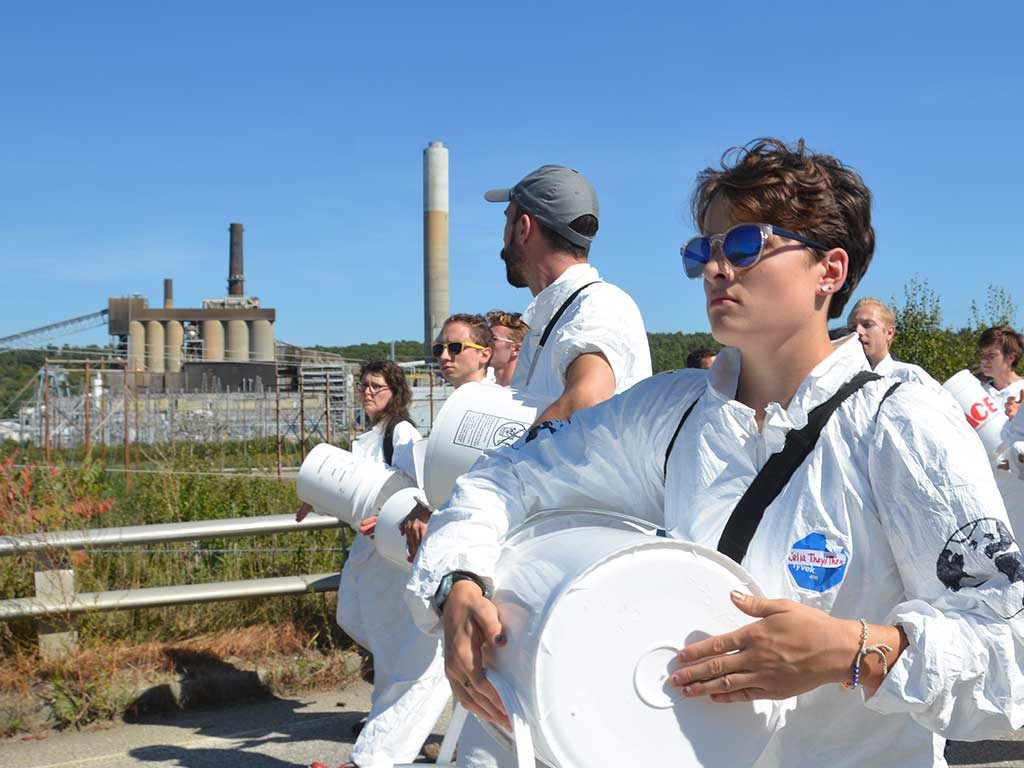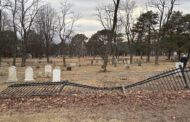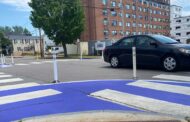By Sadie Levy

Music is the language of my generation. It’s something we universally feel. A song can be a lens that people with different perspectives can look through and perhaps be able to see things differently because of the raw human element music possesses.
Modern music streaming abilities provide access to any genre, new songs, and new artists in a click. While the exploration of contemporary music is limitless, so is going backwards. Often, I find myself and much of my generation nostalgic for a musical era we haven’t lived in, listening to music from our parents’ youth. Timelessness and the ability to pass down tunes like a palpable possession are part of what makes music the perfect way to communicate.
Throughout history, music has been a popular form of activism.
Music is a non-violent tool for protest. Specifically, black artists in the late 20th century and early 21st century used music to speak about racial injustice in the United States. They used lyrics to unite and express the feelings that came with their continuous struggle for equality.
Protest music transcends genres.
We may consider hip hop, folk, pop, and many more to be protest music if the goal of the lyrics and rhythm are uniting people. Most modern protest music is rooted in the Harlem Renaissance of the 1920’s and gospel. During the Harlem Renaissance black expression had a voice and space to share and listen. Black artists came together and cultivated art that reflected the many facets of the black experience.
Protest music today reflects the power and creativity that grew in Harlem.
Additionally, gospel music was a space where the black community could connect and preach hope, resilience, and belief. Gospel music could not be controlled because gospel was the word of the church. The black community was channeling religion and song into pride and protest.
Songs with timeless messages, or sounds that evoke deep feelings within a listener, will withstand generations. Human nature craves music so that we don’t feel so alone, so that we feel empowered and heard. Perhaps we need more music to inspire us to take action and connect with one another.
Sadie Levy is a Junior at Waynflete high school in Portland, Maine. She loves writing and adventuring in nature.





